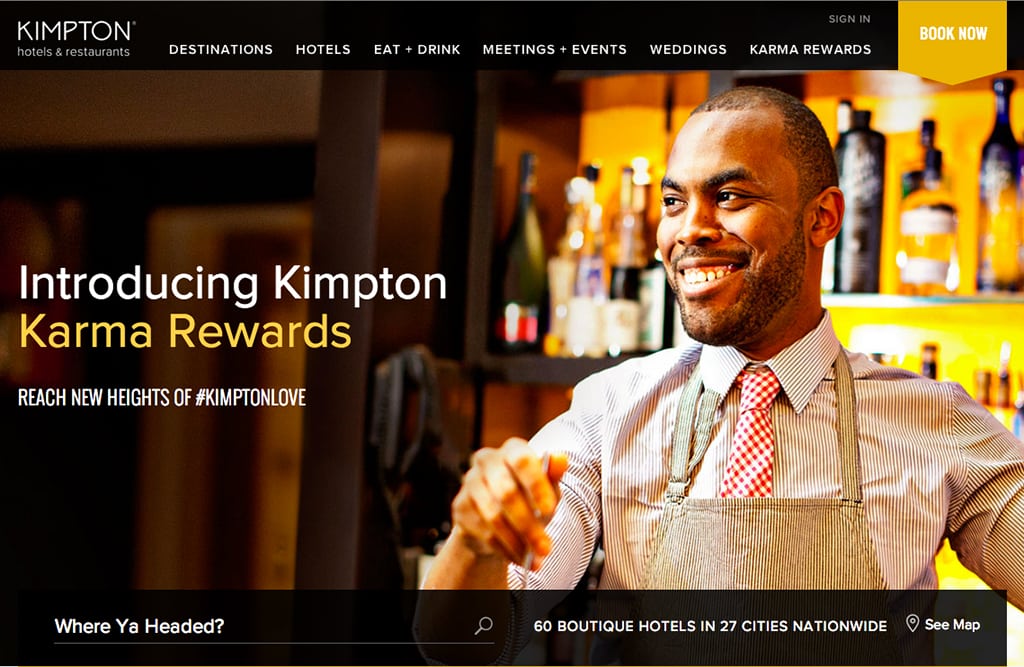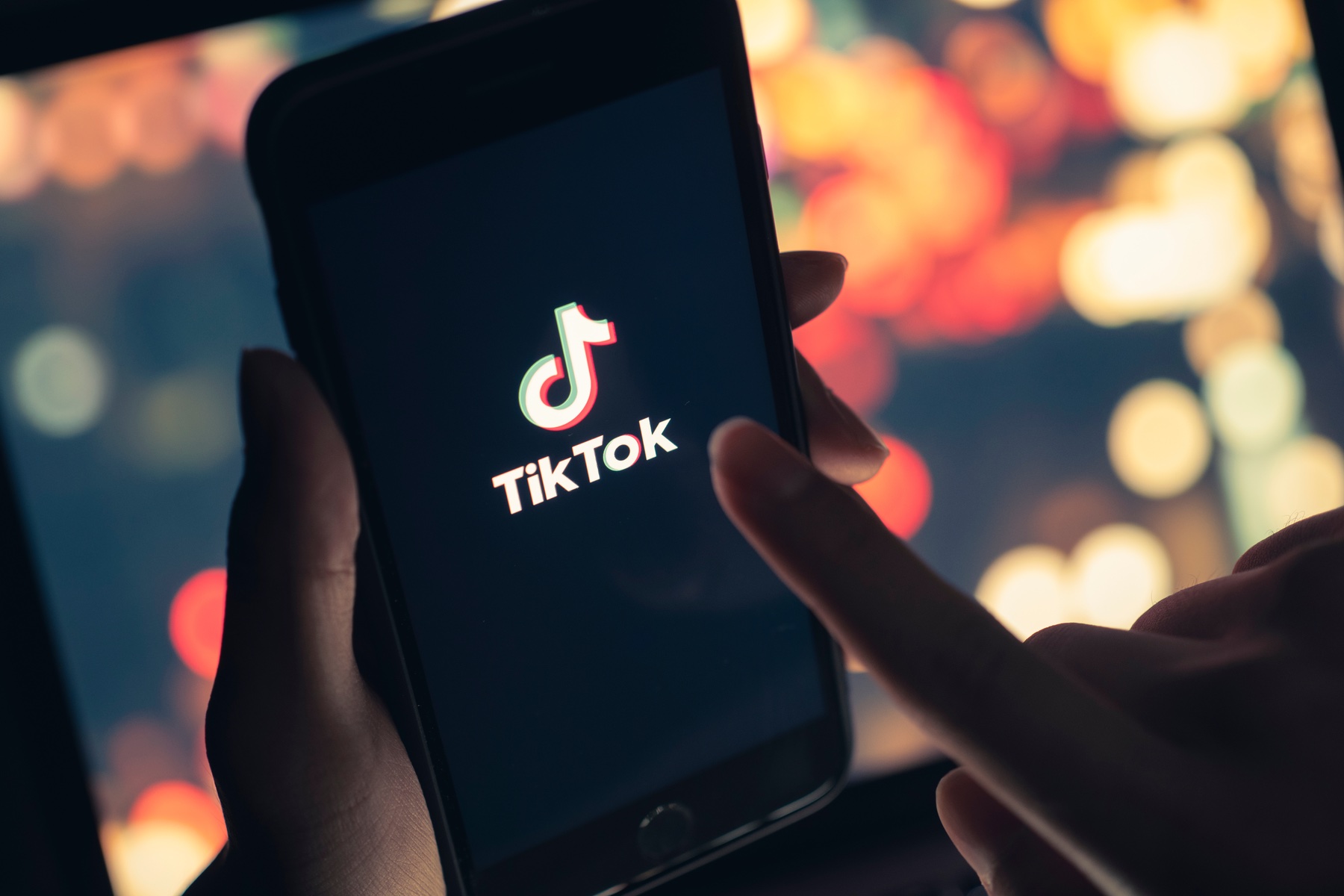InterContinental Hotels Group to Acquire Kimpton Hotels for $430 Million

Skift Take
InterContinental Hotels Group agreed to acquire Kimpton Hotels & Restaurants for $430 million in cash, a move that enhances its stature as a force in boutique and lifestyle hotels given the chain's existing Hotel Indigo and Even Hotels brands.
The acquisition of Kimpton, which manages 62 hotels in U.S. cities and resorts areas, and operates 71 hotel-based restaurants and bars, fits in with IHG's asset-light strategy.
IHG says the acquisition is particularly attractive because the boutique hotel segment is "the fastest growing segment in the industry."
"The transaction will be earnings enhancing in the first full year and achieve returns above IHG's cost of capital by year three," IHG states. IHG adds that it expects Kimpton's EBITDA (earnings before interest, taxes and amortization) to double within three years. It is expected to be $20 million for 2014, and $39 by 2017, based on the opening of properties in Kimpton's pipeline.
Through back-office synergies between IHG and Kimpton and opening the 16 properties in Kimpton's pipeline, IHG said Kimpton’s EBITDA is expected to doubled to around $39 million by the end of 2017.
Kimpton already has 16 additional properties in the pipeline in the U.S. and London-based IHG foresees "significant opportunities" to speed the expansion of Kimpton both in the U.S. and internationally, the chain states.
Richard Solomons, the IHG CEO says the chain will leverage its scale and digital platforms to spearhead Kimpton's growth. "It fills gaps we have in North America, and in Europe and Asia, we see a lot of opportunity for the Kimpton brand," Solomons told WSJ in an interview this evening.
"The acquisition is another step in IHG’s well-established asset-light strategy of investing in high-quality growth, building on a strong track record of developing iconic global brands," Solomons said in a statement from IHG> "We will use our scale, network of owner relationships, and powerful digital platforms to accelerate Kimpton’s growth both within the US and internationally."
Solomons says that Kimpton will continue to be led by its COO, Mike DeFrino.
Earlier this year there were unconfirmed reports that IHG itself was in talks to be acquired by a U.S. suitor, possibly Starwood or Wyndham.
In May, at a hotel industry conference in New York, Skift asked Solomons about the reports. Solomons said at the time that the reports about a merger were speculative in nature, and that IHG was focusing on organic growth.
Marriott CEO Arne Sorenson chimed in that it would be too complex these days for major hotel groups to merge, and that most were focused instead on creating new brands.
It appears that InterContinental has taken a shortcut and supplemented its organic growth strategy with an acquisition, and obviating the need to create a new brand, at least for now.
In August, Bloomberg reported that IHG shareholder Marcato Capital Management had hired an advisory company to conduct a strategic review to see about InterContinental might increase shareholder value. At the time, IHG reported disappointing first-half profits, which fell 8 percent as the company reported decreased revenue and higher costs to renovate properties.
Kimpton CEO Mike Depatie sent an email to Kimpton Karma Rewards program members this evening announcing the brand's acquisition and assuring members that it won't mean any immediate changes to the loyalty program.
"For the time being, the Kimpton Karma Rewards program and IHG Rewards Club will continue to run as separate loyalty programs," Depatie wrote.
The acquisition is subject to stockholder and regulatory approvals and is expected to close in the first quarter of 2015.
More About Kimpton:
- Inside Look: Behind Kimpton Hotels’ Complete Digital Overhaul
- Kimpton Launches a New Loyalty Program With a Secret Rewards Formula
- 4 Best Hotel Companies to Work For According to Fortune’s Top 100 List
- How Kimpton Hotels Built Its Brand on the Local Experience





